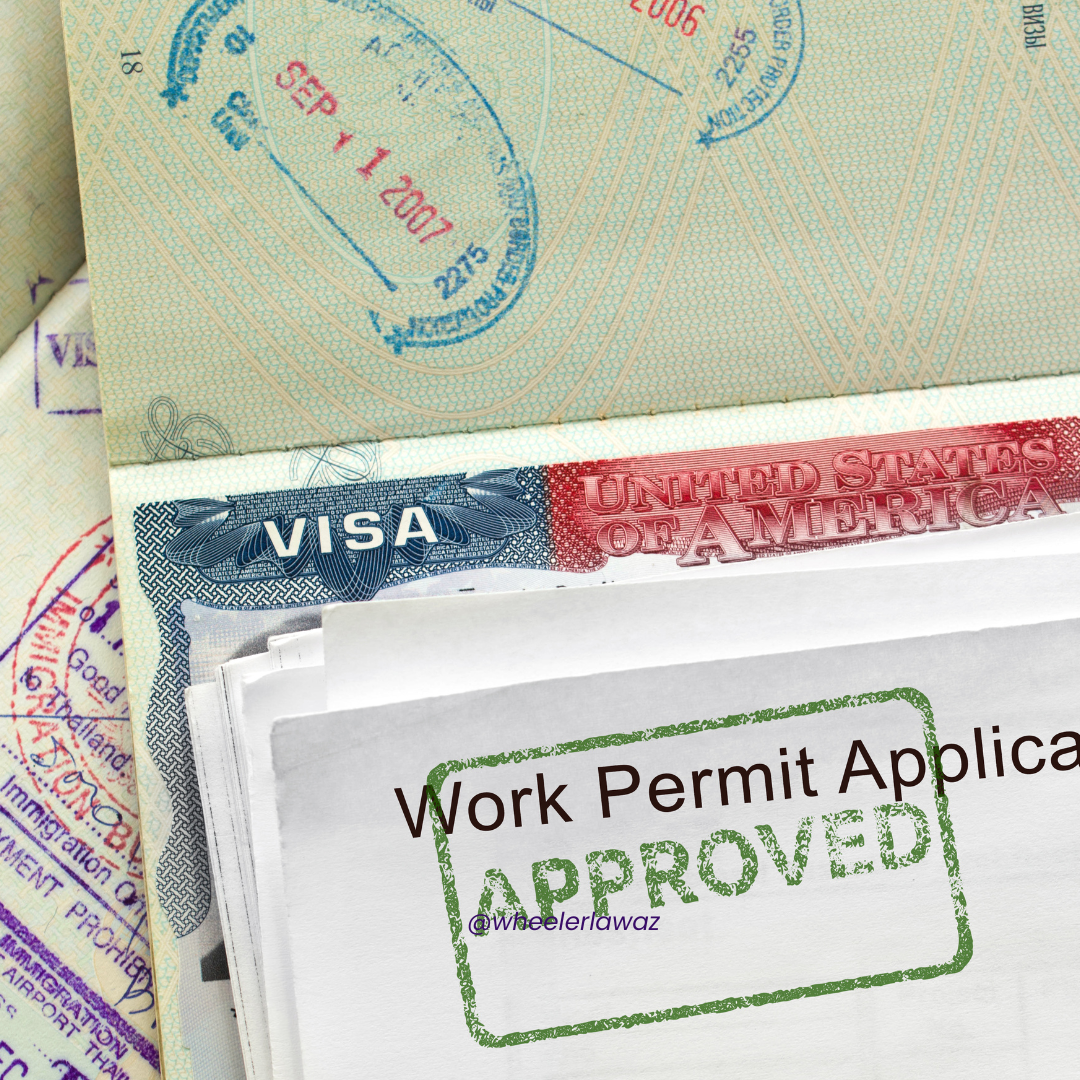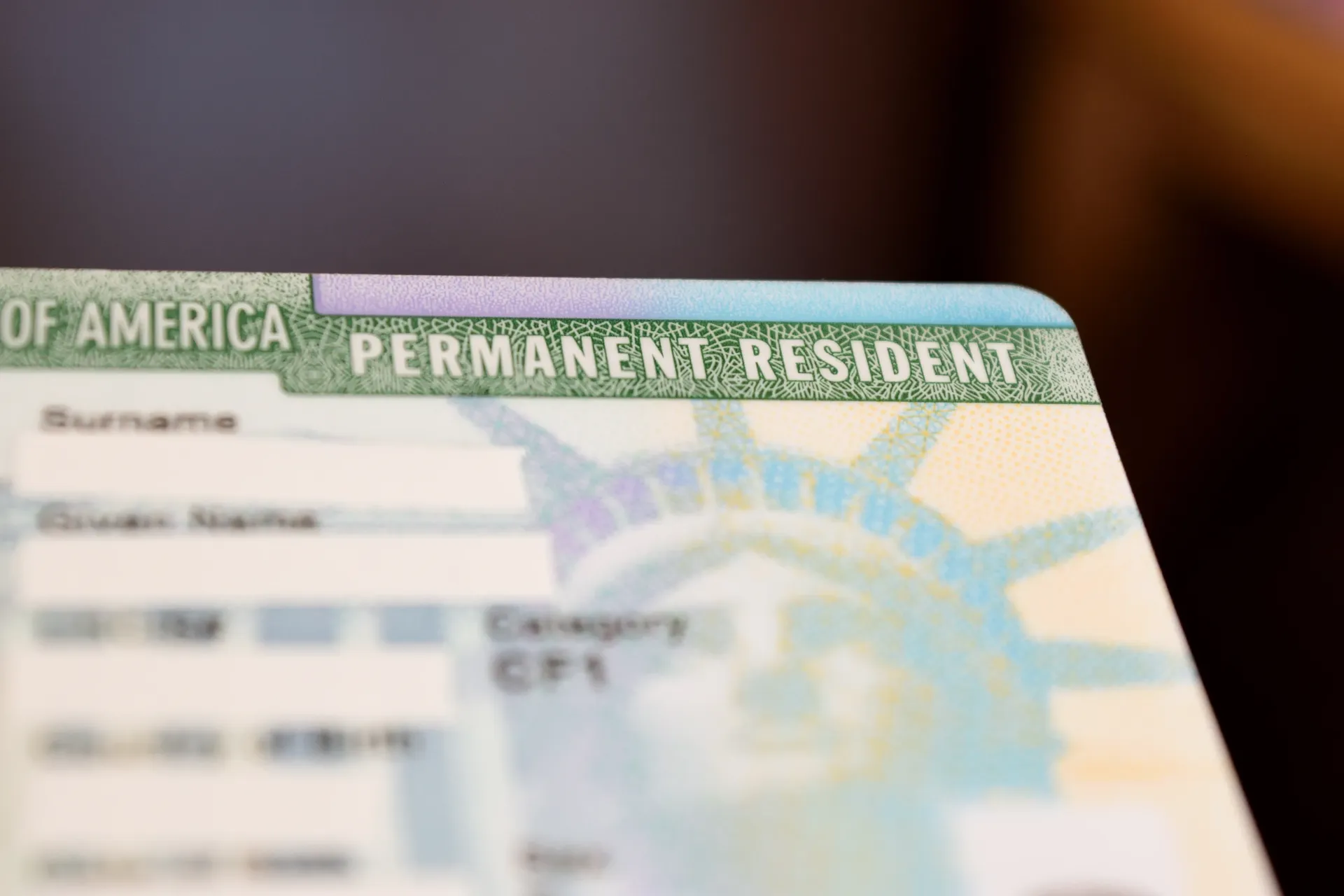Contact Us
Phone: 602-586-5625
Location
7227 N. 16th Street
Suite 195
Phoenix, Arizona 85020
Hours
- Mon - Fri
- -
- Sat - Sun
- Closed
What to Know About Vehicle Searches in Arizona
What to Know About Vehicle Searches in Arizona
One of the most common issues in criminal cases is the legality of a vehicle search by a police officer. When you find yourself facing a potential vehicle search, you have the right to exercise the Fourth Amendment, which protects you from unreasonable searches and seizures. While every individual has this right, the Supreme Court has ruled these protections as limited in the case of vehicles.
Read on to learn more about how vehicle searches work in Arizona.
When a Vehicle can be Stopped
Police need reasonable suspicion an individual has broken the law in order to stop a vehicle, meaning if an officer has reason to believe the driver has broken almost any traffic law, he can be pulled over. Speeding, using your phone, or driving while impaired are all situations an officer can deem reasonable suspicion to stop your vehicle. If you’re stopped without reasonable suspicion and an arrest occurs, make sure to contact a criminal defense attorney.
When a Vehicle Search can be Conducted
While police only need reasonable suspicion to stop a vehicle, they need to have probable cause to execute a search. Probable cause is when an officer has reason to believe the driver of a vehicle is engaged in a crime, and that evidence of the crime will be found in the vehicle.
For example, if an officer spots evidence of drug paraphernalia such as burnt tinfoil or a needle, they have enough probable cause to believe a driver is in illegal possession of drugs and that it can be found in the vehicle. In other cases, the police have probable cause to search a vehicle if:
- The driver provides incriminating evidence or information
- They believe a search is necessary for their own safety
- The driver was arrested and the search is related to that crime
When a Reasonable Suspicion Can Turn Into a Probable Cause
It seems like a simple concept, but search issues can get complicated. Police often have reasonable suspicion that a crime is being committed but lack evidence to support their speculations. In situations like these, officers often attempt to draw out the stop to obtain more information and help them develop probable cause. Common tactics include:
- Asking the driver to exit the vehicle on the premise the officer wants to issue a warning
- Asking permission to search in order to gauge a driver’s reaction
- Engaging the driver in small talk to develop the claim of a consensual stop (often used while the officer awaits the arrival of a canine unit)
As you can see, police officers are given more freedom in searching a vehicle in comparison to a home. This is because there is less privacy expected when driving a car. If you were arrested for a crime following a vehicle search or believe you’ve experienced an unreasonable vehicle search, reach out to one of Wheeler Law’s criminal defense attorneys in Phoenix, AZ. Our team offers free consultations and we’ll provide you with the right legal guidance.





Schedule a Case Evaluation
Contact us now!
Disclaimer: The information on this website is for general information purposes only. Nothing on this site should be taken as legal advice for any individual case or situation. This information is not intended to create, and receipt or viewing does not constitute an attorney-client relationship.
All Rights Reserved | Wheeler Law | Powered By Convert It Marketing | Privacy Policy
All Rights Reserved | Wheeler Law | Powered By Convert It Marketing | Privacy Policy




